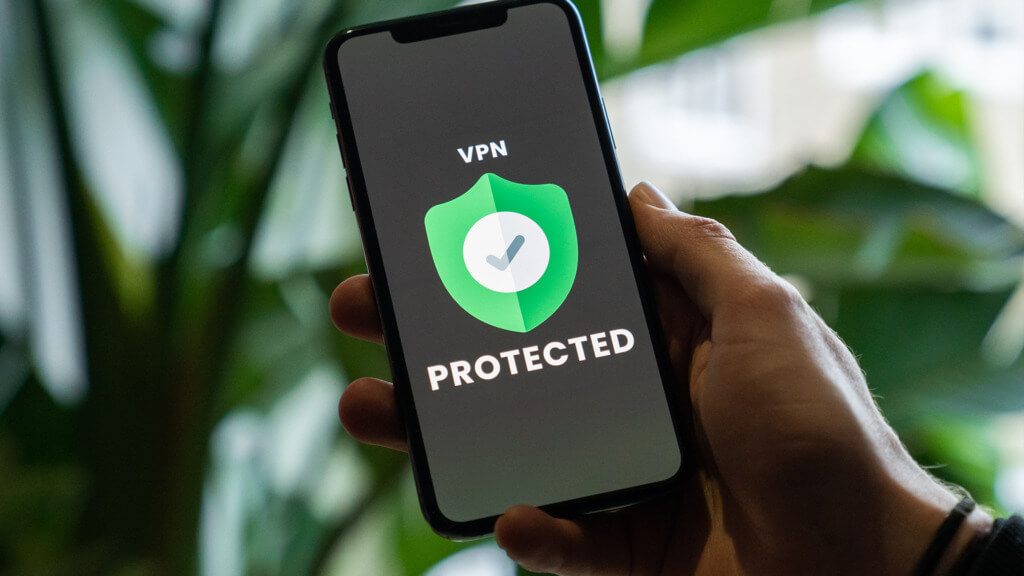8 Cybersecurity tips for the modern entrepreneurs
To be an entrepreneur often means that you need to be everything your company needs at once. You need to make sure that your business works like a well-oiled machine. This means that sometimes you...

To be an entrepreneur often means that you need to be everything your company needs at once. You need to make sure that your business works like a well-oiled machine. This means that sometimes you have to be the CEO, another the accountant, and third the IT specialist.
Table Of Content
All of those roles are very important and have their specific responsibilities, and if you are not familiar with them, you will have to learn them quickly. If you have no technical background, maybe taking care of any IT tasks will be most challenging. Especially when it comes to the cybersecurity of your company. This article will focus on what you should know about cybersecurity as an entrepreneur and give you 8 valuable tips.
What is cybersecurity?
Cybersecurity is the system and the practices you put in place to protect your network, hardware, and software from any cyber-attacks. If your network is not secure enough, this would mean that almost any hacker will be able to access it and from there all of your devices and data.
In the last years, cyber-attacks have been getting more and more frequent, and this is why many companies are taking care of their cybersecurity more seriously. Unfortunately, some businesses still think that they might never be a potential target of hackers because they don’t have a lot of sensitive data or are still too small. However, this is not true – everyone can become a victim.
Cybersecurity should be a priority for even starting a business, and if you are an entrepreneur starting one, you shouldn’t neglect it. You should plan your security infrastructure and cover all aspects well enough. And having a sound anti-virus system is not enough. Keep reading to find out 8 helpful tips for entrepreneurs that want to make sure their cybersecurity is on point.
1. Put in place security protocols
You need to come up with a plan for how you would like to take care of your company’s cybersecurity. If you have IT specialists in your company, consult with them and find the best way to tackle this task. Having a plan covering all the possible security issues is recommended and mandatory.
In your plan, you should have a clear idea of how to protect your business, so here are a couple of things you should include:
- Do you save any sensitive information, and if yes – where is it stored?
- How should that information be protected?
- How often should you update your cybersecurity protocols?
- How often should you check for potential breaches?
- What type of software would you need?
- Who should do the whole setup?
- How will be the administrator?
Those are just the main questions you should consider when coming up with a plan that meets your needs. Make sure that your plan is also something that can be easily scaled when the company grows.
2. Conduct cybersecurity training
When it comes to cybersecurity, you need to ensure that all of your employees are on the same page. Whether you are an entrepreneur that is just starting the business with 3-4 people, or you already have a team of 50 people, or hopefully in the future, you will be having a big company with thousands of employees. You need to make sure that they are all informed on how to protect sensitive information from cyber-attacks and how to act in case of one.
It is usually enough for one not so careful employee to click on the wrong link or open an attachment from a spammy email. Yes, we would assume that we all have enough knowledge even from our personal life what emails we should open and which we shouldn’t, but being extra careful and doing such training wouldn’t hurt anyone.
3. Establish clear rules for passwords
Something tiny like passwords can play a significant role in cybersecurity. First, you need to establish clear rules for the personal passwords that each employee sets up. We know the regular stuff like using one capital letter, one sign, and one number, not using the same password everywhere, but usual passwords are very easy to crack.
A good option would be to ask your people to use a tool that is coming up with a completely random password that almost no ordinary human being can remember. And all of those passwords should be saved in a password tool. Saving passwords on your browser might be easier, but it is also less secure than having a dedicated secure tool that keeps all the passwords.
You can also encourage your employees to change their passwords regularly. For any internal tools needed to access sensitive information, you can say that the password should be updated every three or so months.
4. Use VPN connection
Make sure that sensitive information can be accessed only over a VPN connection. Home office is becoming more and more popular, and you can’t be sure how secure your employees’ connection is at their homes. This is why using a VPN is the perfect solution. If you use such a tool, when an employee is connected to internal tools accessing sensitive data, you will be sure that you have that additional level of security.

VPN tools make it very hard for hackers to track the activity of a device because of the encryption provided by this tool. So, suppose someone is monitoring the activity of your employee’s personal network. In that case, they won’t be able to continue to do so once the VPN is activated and when the company’s sensitive information is accessed.
5. Have different access levels
Don’t have all of your sensitive information stored in one Google Drive that everyone has access to. Establish different access levels for each team and team member depending on seniority. For example, your frontend developer doesn’t need access to your accounting books, or your marketing intern doesn’t need to know all of your customers’ data. Make sure you have a clear structure about which employee needs what kind of access and give it to them.
6. Perform regular software updates
All of us have clicked on the “Update later” button many times, but this is not recommended when such notification comes on our work computer. Not only for the version of our operating system but also for updates on any software you are using. Most of the software out there are doing those regular updates not only to improve the user experience or introduce a new feature, but they are often introducing security improvements.
7. Do regular backups
Backups are as crucial as software updates, so make sure you have a schedule according to which all of your essential data is backed up. Those can be automated quite easily but from time to time, check if the system is doing everything according to the schedule and you have everything safely stored.
Why should you do that if you take all the other measures against cyber-attacks? Well, this is not only part of your cybersecurity. Even a regular blackout or server storage being out for a while can affect your business. Having all your data stored in a different location will guarantee that your business can keep running even in case of such events. It is even better to create multiple cloud backups to be extra safe.
8. Do regular safety checks
Your cybersecurity is not something you put in place once and forget about it for years. You should make sure that everything is up to date and working correctly – from the smallest piece of software to the entire infrastructure. Also, maybe your company grew a lot, and now the system you have in place is not enough. This is why you should regularly perform security audits and ensure that you are well protected from any cyber-attacks.
Wrapping up
As an entrepreneur just starting your business, you should consider all the risks about your company, and cyber-attacks are a grave risk. According to some statistics, there is a new attack every 14 seconds. This is why you should invest time and resources in developing a cybersecurity plan, implement it and then keep it up to date.













